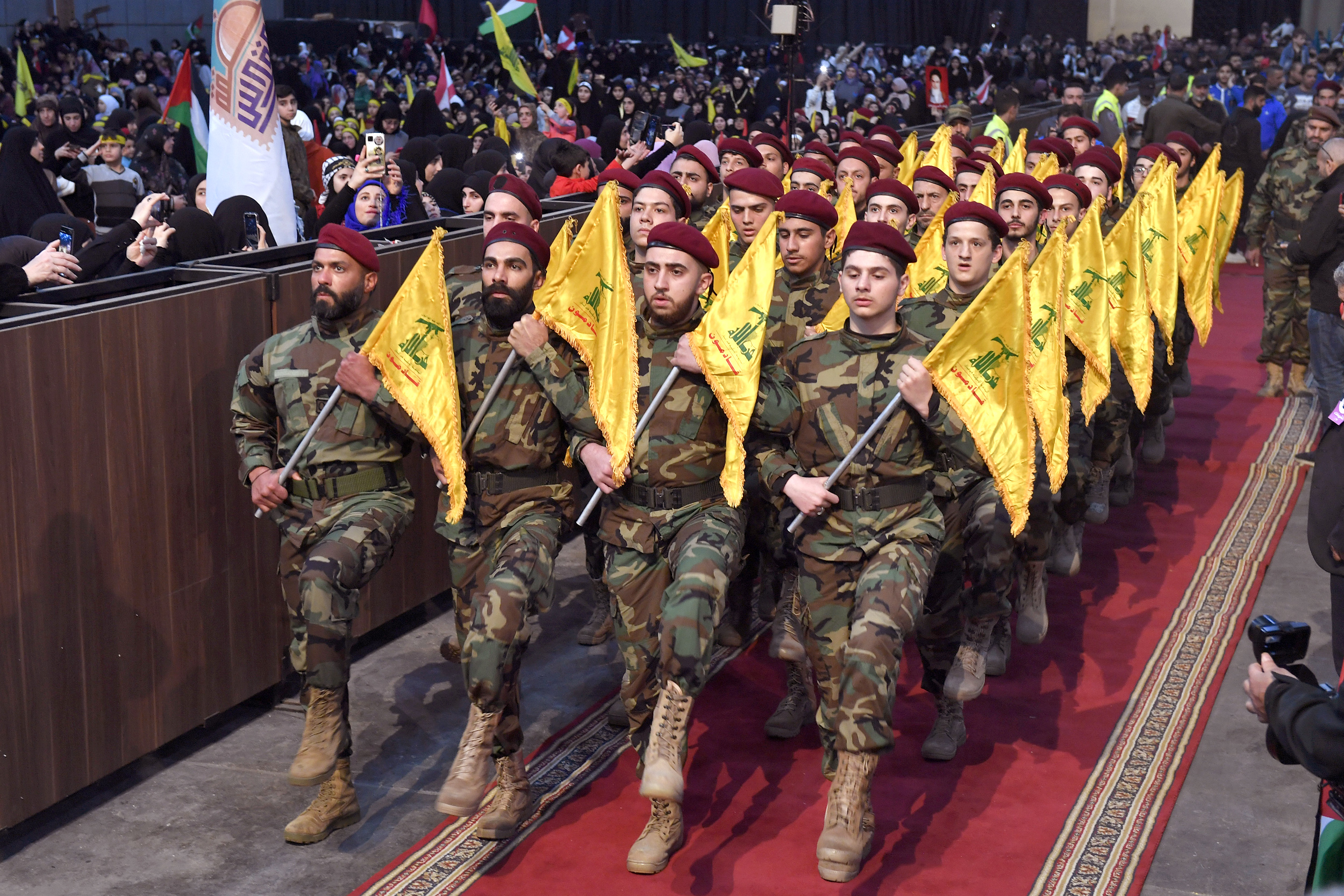The ongoing conflict between Israel and Hamas has garnered international attention, with Hezbollah, a powerful group based in Lebanon, supporting Hamas in this war that has claimed over 4,000 lives on both sides. For the past nine days, Hezbollah, backed by Iran, has been engaged in a cross-border exchange of fire with Israel, further escalating the situation.
On Saturday, Hezbollah’s deputy chief, Naim Qassem, declared the group’s readiness to join the conflict alongside its Palestinian ally Hamas when the time is deemed right. This development has the potential to significantly broaden the scope of the Israel-Hamas conflict.
But what exactly is Hezbollah, and how is it connected to Iran?
Founded in 1982 during Lebanon’s civil war, Hezbollah emerged under the patronage of Iran’s Revolutionary Guards. Its primary objectives were to export Iran’s 1979 Islamic Revolution throughout the region and combat Israeli forces following their 1982 invasion of Lebanon. Initially a shadowy faction, Hezbollah has since evolved into a heavily armed and influential force with a substantial presence in Lebanese politics.
Hezbollah’s influence extends beyond Lebanon, as it has supported other Iranian-backed groups across the Middle East and trained armed factions in Iraq. Although Saudi Arabia alleges that Hezbollah fought alongside Iran-allied Houthi rebels in Yemen, the group denies these claims. Notably, several Western countries, including the United States, classify Hezbollah as a terrorist organization. The U.S. holds Hezbollah responsible for the 1983 suicide bombing that targeted the U.S. Marine headquarters in Beirut, resulting in the deaths of 241 American servicemen. In the European Union’s classification, Hezbollah’s military wing is designated as a terrorist group, but its political wing is not.
Iran has been a key supplier of both weapons and financial support to Hezbollah. According to U.S. sources, Iran has allocated hundreds of millions of dollars annually to the group in recent years. In 2021, Hezbollah leader Sayyed Hassan Nasrallah revealed that the organization boasted a force of 100,000 fighters.
Hezbollah’s connections extend to other Palestinian factions, particularly Hamas, which controls Gaza, and Islamic Jihad, another Palestinian group with Iranian backing. These connections underscore the intricate web of alliances and rivalries in the Middle East, contributing to the region’s complex geopolitical landscape.















